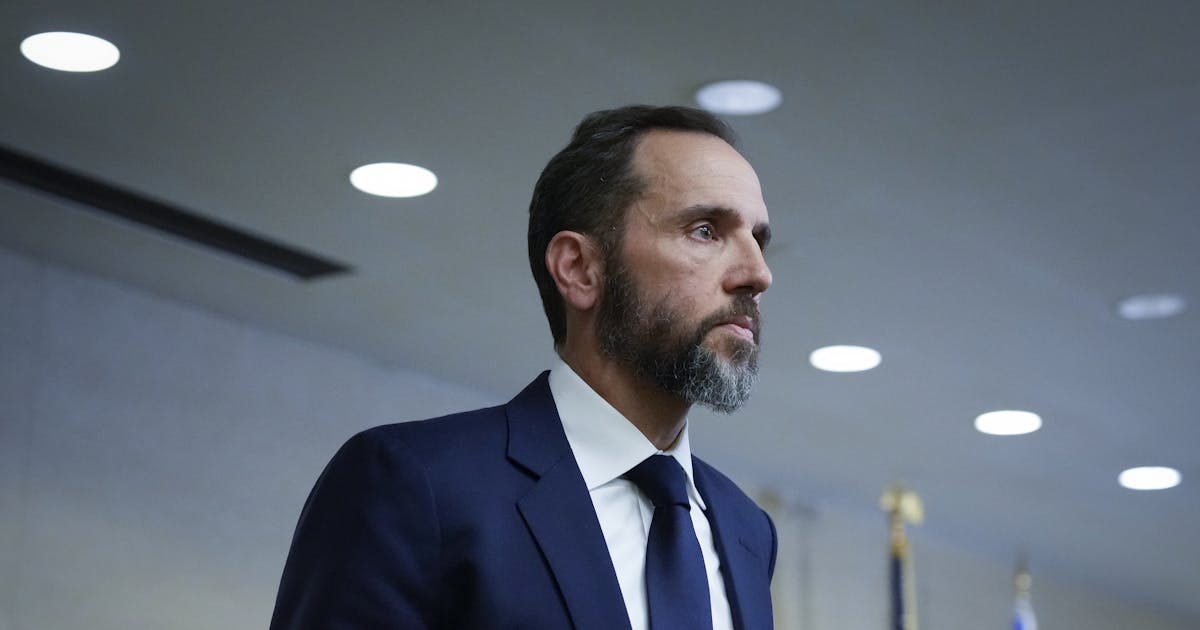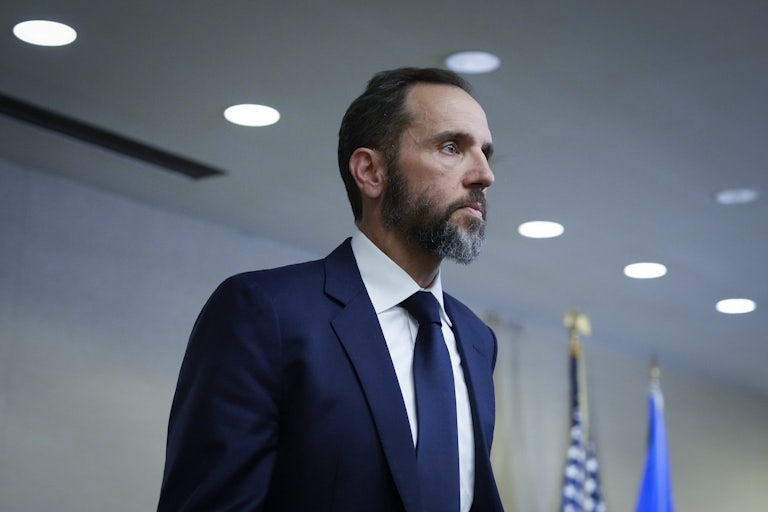At a fukking Hardees

The unceremonious dismissal follows the Supreme Court's equally unceremonious rejection, without comment, of Lindell's complaints about the FBI.

lawandcrime.com
MyPillow CEO finally surrenders in lawsuit against FBI director and Merrick Garland over Hardee’s drive-thru seizure of his cellphone
MATT NAHAMMay 8th, 2024, 1:39 pm
8 comments
SHARE
MyPillow CEO Mike Lindell checks a cellphone on September 17, 2022 in Youngstown, Ohio, days after the FBI seized his cellular device (Photo by Jeff Swensen/Getty Images)
Weeks after the seemingly never-ending quest to get his seized cellphone back from the feds suffered a mortal wound at the U.S. Supreme Court, MyPillow CEO Mike Lindell has finally agreed to dismiss the lawsuit he filed against FBI Director Christopher Wray and U.S. Attorney General Merrick Garland. Technically, however, there is still a chance that Lindell’s claims may be brought again.
U.S. District Judge Eric Tostrud of the U.S. District Court for the District of Minnesota on Tuesday
docketed an order of dismissal noting that the opposing parties had agreed to throw out the case — but “
without prejudice,” meaning the case isn’t necessarily gone forever:
Based on the Stipulation for Dismissal without Prejudice filed by Plaintiffs Michael J. Lindell and MyPillow, Inc., and Defendants United States of America, Attorney General Merrick Garland, the United States Attorney for the District of Minnesota, and FBI Director Christopher Wray, ECF No. 93, IT IS ORDERED that the action is DISMISSED without prejudice, and without costs, disbursements, or attorneys’ fees to any party.
While there is at least some
reason to believe that reviving the suit may not be feasible for
reasons not having to do with the law, Lindell’s failure to sway the justices to take up his cause was devastating to his case.
The unceremonious case dismissal follows the
Supreme Court’s equally unceremonious April 15 rejection, without comment, of Lindell’s complaints about the FBI seizing his cellphone in the drive-thru of a Hardee’s in Minnesota as he returned from a duck hunting trip on Sept. 13, 2022.
As Law&Crime has
reported from the start, Lindell’s phone was seized pursuant to an identity theft, intentional damage to a protected computer, and conspiracy warrant. The government revealed in court filings that
Lindell, indicted former Mesa County Clerk Tina Peters, and others were “subjects” (rather than “targets”) of the federal probe.
The DOJ’s Justice Manual notes that a “subject” of an investigation is an individual “whose conduct is within the scope of the grand jury’s investigation.”
“He goes, ‘Well, I got some bad news.’ I’m like, OK, here it comes, right? He goes, ‘We’re taking your cellphone. We have a warrant for your cellphone,'” Lindell
said at the time, after the encounter with the feds. “I said, ‘My whole company, I run five companies off that. I don’t have a computer, my hearing aids run off this, everything runs off my phone.'”
Tostrud
rejected Lindell’s arguments as far back as November 2022, but the case lived on in the U.S. Court of Appeals for the Eighth Circuit, where a panel of conservative judges
ultimately decided that Lindell’s “irritation as to where and how the government took possession of his cell phone does not give rise to a constitutional claim.”
Nor did Lindell show the government engaged in a “callous disregard of his constitutional rights,” the panel said, pointing out that Lindell “acknowledged in a sworn declaration that his phone had been backed up five days prior to its seizure,” so he still had access to his data.
In the end, the Lindell case didn’t fare any better at the highest court in the land, as the justices declined to hear it, despite his claims that the government retaliated against him in “disturbing” fashion — and in violation of the First and Fourth Amendments —
just for “questioning the integrity of computerized voting systems, particularly those used in the 2020 election.”




